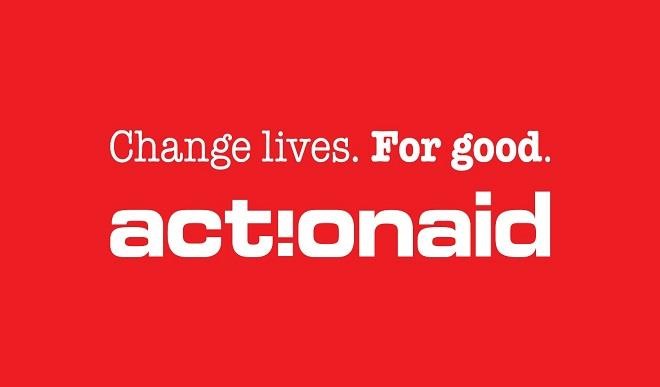Fiscal policy stakeholders, comprising the organised private sector, civil society and the public sector representatives, rose from a one-day workshop in Lagos with a four-point agenda for consideration by the Federal Government in order to properly define and appropriately classify corporate social responsibility (CSR) expenditures for tax returns purposes for businesses in the country.
At the forum which was organized by ActionAid Nigeria (AAN) in collaboration with Lagos Chambers of Commerce and Industry (LCCI) with the support of Oxfam under its “Financing for Development Project”, participants noted that the current practice in which various expenditures are being exempted for tax returns purposes appeared undesirable for the nation’s fiscal system efficiency and therefore urged the fiscal authorities to look into such expenditures more critically with a view to determining the justifiability or otherwise of such exemptions.
Specifically, the forum which was attended by participants from the six geo-political zones, was designed to address the incidences of poverty and inequality through evidence-based reforms in tax administration in the formal sector geared towards increasing sustainably, tax–revenue generation and its contribution to social infrastructure and economic development.
The Forum discussed issues relating to companies’ policies and practices pertaining to Human Relations, Corporate Social Responsibility (CSR), Value Added Tax (VAT), Personal Income Tax (PIT) and Company Income Tax (CIT) law and administration as they affect tax-revenue generation and contribution to social infrastructure development.
Following over 10 hours of elaborate discussions on the above issues, the participants noted that the nation’s current tax system was not progressive enough for business as issues of location and cost of operation are not taken into consideration in the determination of company income tax.
The experts observed further that the current company’s Human Relation policies and practices while they provide no direct benefit for companies as employers of labour and chargeable person for personal income tax collection under PITA were formulated in a manner that hides portions of and understates employees’ total emolument and by extension employees’ income tax liability under the Pay- As -You -Earn (PAYE) system.
In addition, they agreed consensually that the silence of the 2011 PITA as amended on the continuity or otherwise of the hitherto individual tax-free allowances following the establishment of the consolidated tax-free allowance created a window of opportunity for self-interpretation on applicable allowance that could constitute a leakage to income tax revenue
This is even as the experts noted that the unregulated practice of CSR in Nigeria exposed projects and programmes under CSR to the risk of multiple execution by practicing companies, poor alignment of intervention to benefiting community/group needs, poor implementation and maintenance, lack of transparency in intervention reporting and susceptibility of practice to undermine accurate company income tax-determination
The participants observed also that the nation’s VAT revenue had, over the years, consistently recorded poor performance and fallen below CIT and PIT revenues that it ordinarily should exceed due to its ease of collection and enforceability.
As a way of addressing the identified lapses and inefficiencies in the fiscal system, the experts advised that government should urgently review extant revenue policies in the country to reflect realities of the times and to help promote the survival of existing and new businesses through a more progressive tax regime that takes into consideration the cost of business operation in the determination of tax liability.
They also canvassed the need for an industry-driven (not government-driven) regulatory framework to establish enforceable standards for benchmarking CSR actions in a manner that would prevent utilization of CSR for tax evasion, promote transparency and accountability in CSR interventions and programmes formulation, implementation and reporting.
The experts also charged the Federal Government to clarify urgently the perceived lacuna on the allowable tax-free allowances pertaining to the division between application of individual tax-free allowances and the 2011 revised PITA consolidated tax-free allowance provision with view to close any opportunity for tax leakage.
The participants also advocated the need for more efforts to be committed to the enforcement of VAT collection to improve the nation’s VAT-to-GDP ratio.






